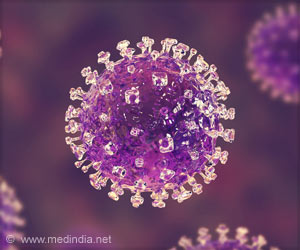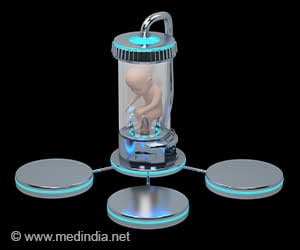
‘Acute porphyria is a group of uncommon diseases that can cause severe, potentially life-threatening attacks of abdominal pain, nausea, vomiting and paralysis. ’
Tweet it Now
Acute intermittent porphyria (AIP) is the most common form of acute porphyria. Patients suffering from acute attacks are treated using an infusion containing a form of heme called hemin, which suppresses the formation of the toxic metabolites. "Hemin has saved the lives of many patients and will continue to be important, but it's only for acute treatment," says the study's lead author Eliane Sardh, researcher at the Department of Molecular Medicine and Surgery, Karolinska Institutet, and consultant at Karolinska University Hospital. "For patients with recurrent attacks, no other curative treatment is available than liver transplantation."
However, the new drug candidate givosiran, developed by Alnylam Pharmaceuticals, has shown promising results in a clinical phase I study in 40 patients. The study has been conducted in close, long-standing collaboration with Porphyria Centre Sweden, which has also provided the majority of the patients.
The administration of givosiran reduced the number of acute attacks in the patients by up to 79 per cent, and the need for hemin decreased by up to 83 per cent. Most of the reported side effects were mild or moderate, and no clear link was observed between adverse reactions and dose. Severe adverse reactions were reported in six patients, including one death that was deemed unrelated to givosiran.
The drug candidate is based on a natural method of inhibiting gene expression called RNA interference (RNAi).
Advertisement
The drug candidate has been given PRIME and Breakthrough Designation by the European Medicines Agency and the U.S. Food and Drug Administration, which in speeding up the review process could mean that the drug may be available by early 2020. The patients that took part in the phase I study will remain on givosiran in a combined phase I/II study, and complete results from a phase III study in 94 patients from around the world are expected in the spring of 2019.
Advertisement









